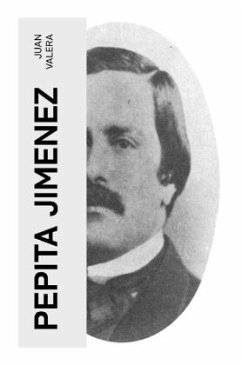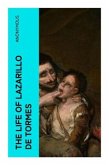In "Pepita Jiménez," Juan Valera intricately weaves a narrative that explores the complexities of love, desire, and the class dynamics of 19th-century Spain. The novel unfolds through the sensitive eyes of its protagonist, a young priest who finds himself enraptured by the titular character, a beautiful and spirited woman navigating societal expectations. Valera's prose is marked by its lyrical quality and psychological depth, deftly capturing the tensions between personal passion and religious duty, a theme reflective of the broader Romantic literary movement that sought to highlight individual emotion against the backdrop of societal pressures. Juan Valera, a prominent figure in Spanish literature and a member of the Generation of '98, drew upon his personal experiences as an educated man in a rapidly changing Spain to inform his work. His intimate knowledge of Spanish culture, combined with his own struggles with adherence to social norms, allowed him to create a poignant depiction of internal conflict in "Pepita Jiménez." Valera's dual life as a diplomat and novelist infused his writing with profound insight into the human experience, particularly regarding love and the constraints of society. This novel is a must-read for anyone interested in the intersections of love, religion, and personal freedom within the rich tapestry of Spanish literature. Valera's nuanced character development and the exploration of emotional depth make "Pepita Jiménez" not only a compelling romantic tale but also a critical reflection on the morality of its time. Readers are invited to be swept away by Valera's masterful storytelling and the poignant dilemmas of love that resonate across generations.
Bitte wählen Sie Ihr Anliegen aus.
Rechnungen
Retourenschein anfordern
Bestellstatus
Storno








